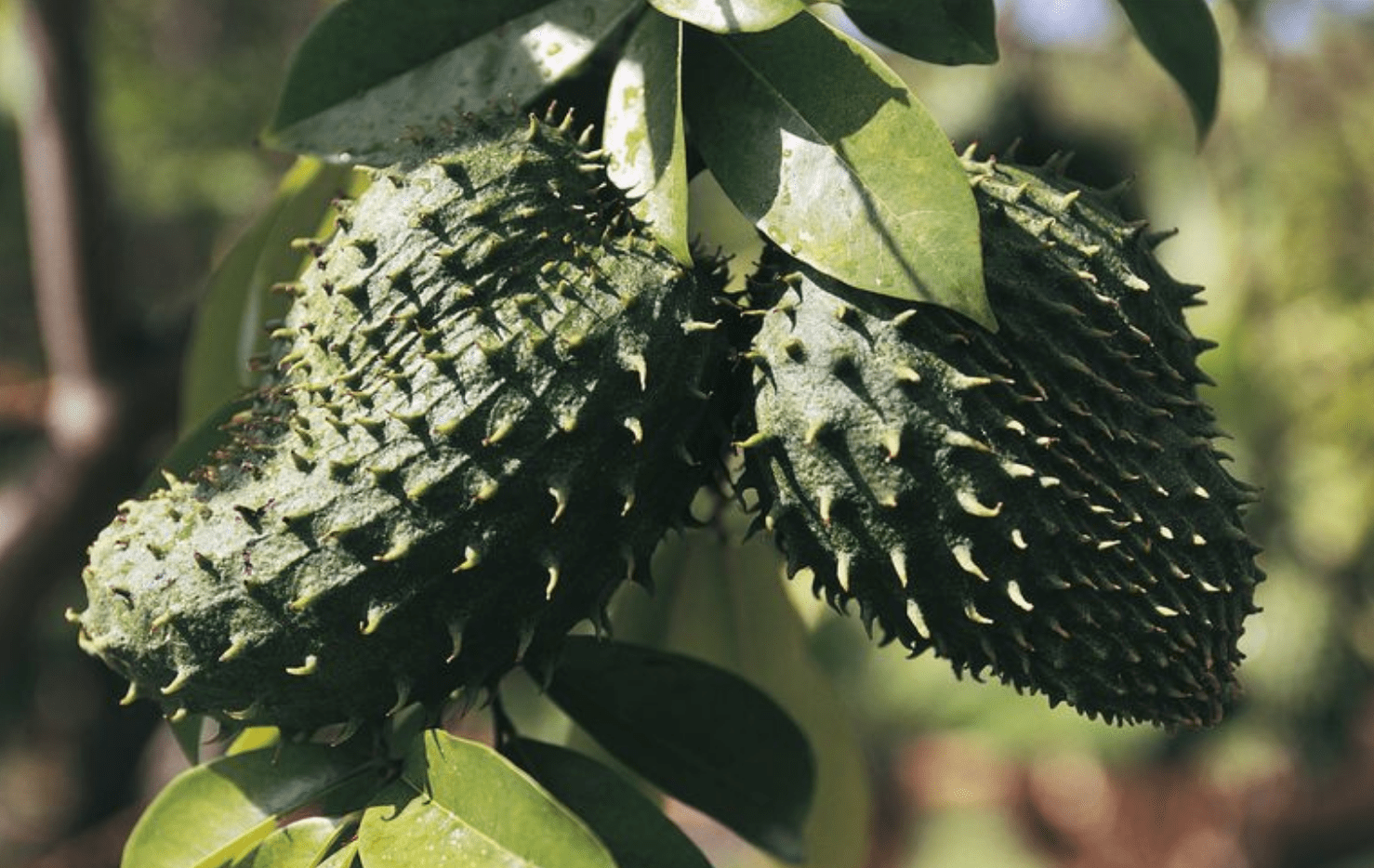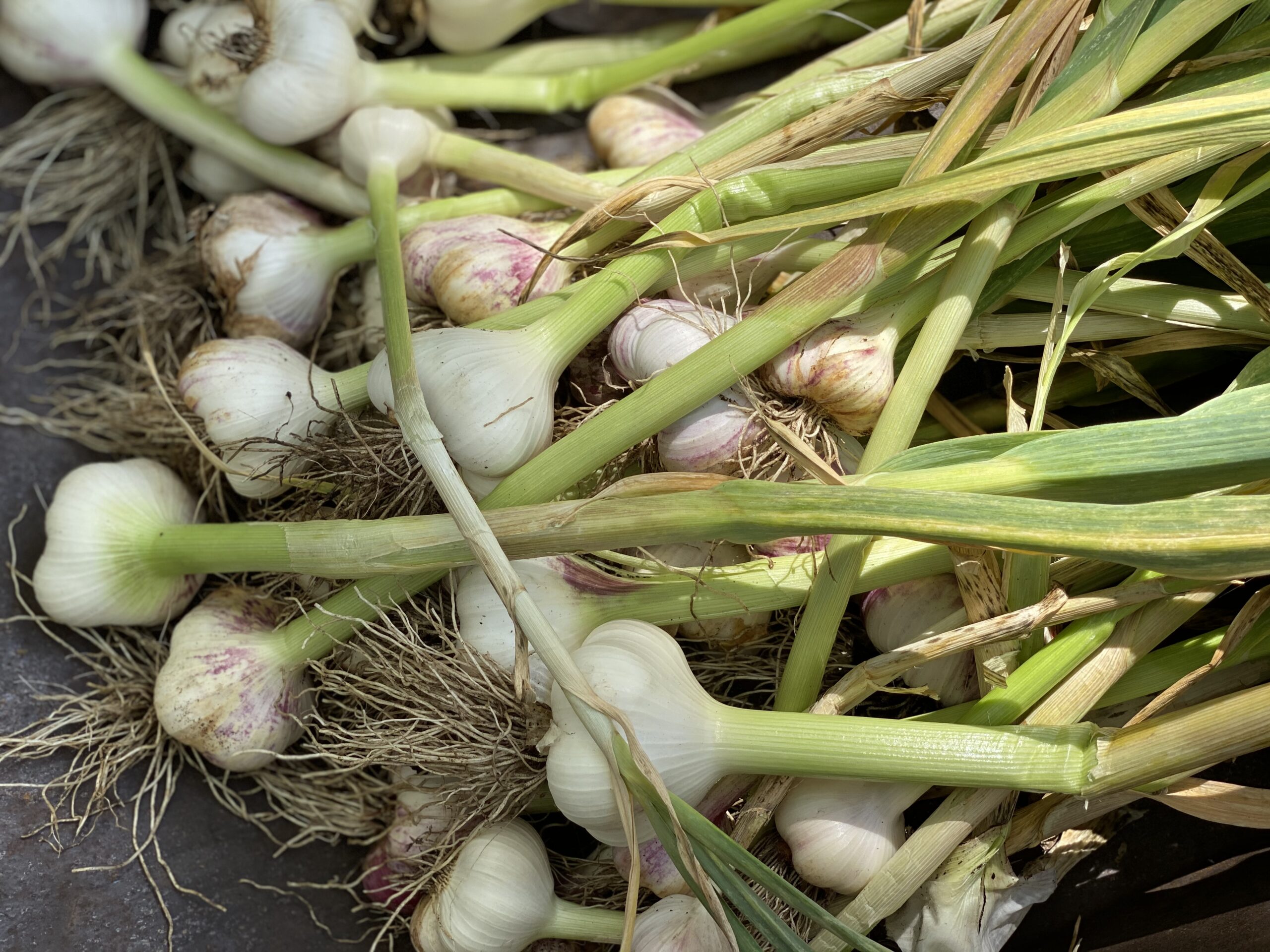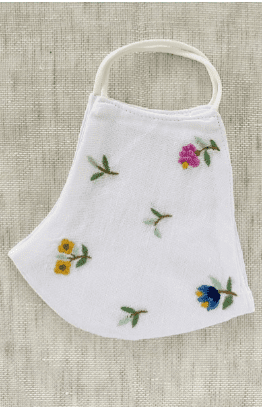While on vacation in the Caribbean this holiday season, I discovered a new plant for the first time – soursop (also known as graviola, guanabana, custard apple, and Brazilian paw paw). Apparently, it is everywhere in the Caribbean and other similar climates around the world. The locals I’ve spoken with are all familiar with this fruit, are evangelical about its benefits and regularly consume it.


They claim that some of the far-reaching health benefits include relieving stomach distress and parasites, fever, pain, respiratory problems such as cough and asthma, inflammation of the nose and throat, infections, hemorrhoids, weight loss, and herpes. As you read more about soursop online, it may also improve immunity, help with weight management and be anti-aging in general. (According to the Therapeutic Research Center Natural Medicines database, there is not enough scientific evidence to support any of these claims.) But the biggest benefit of all is that it may its ability to treat, prevent or cure cancer! Out of curiosity, I’ve been drinking it every morning to see how I feel. (No difference at this point, but I feel like I must doing SOME good).


I began our vacation drinking the actual fruit juice, which is a cross between coconut water and almond milk in terms of color and viscosity. It has a sweet, but not too sweet taste and I thoroughly looked forward to having it each morning for breakfast, until we exhausted the hotel’s supply.
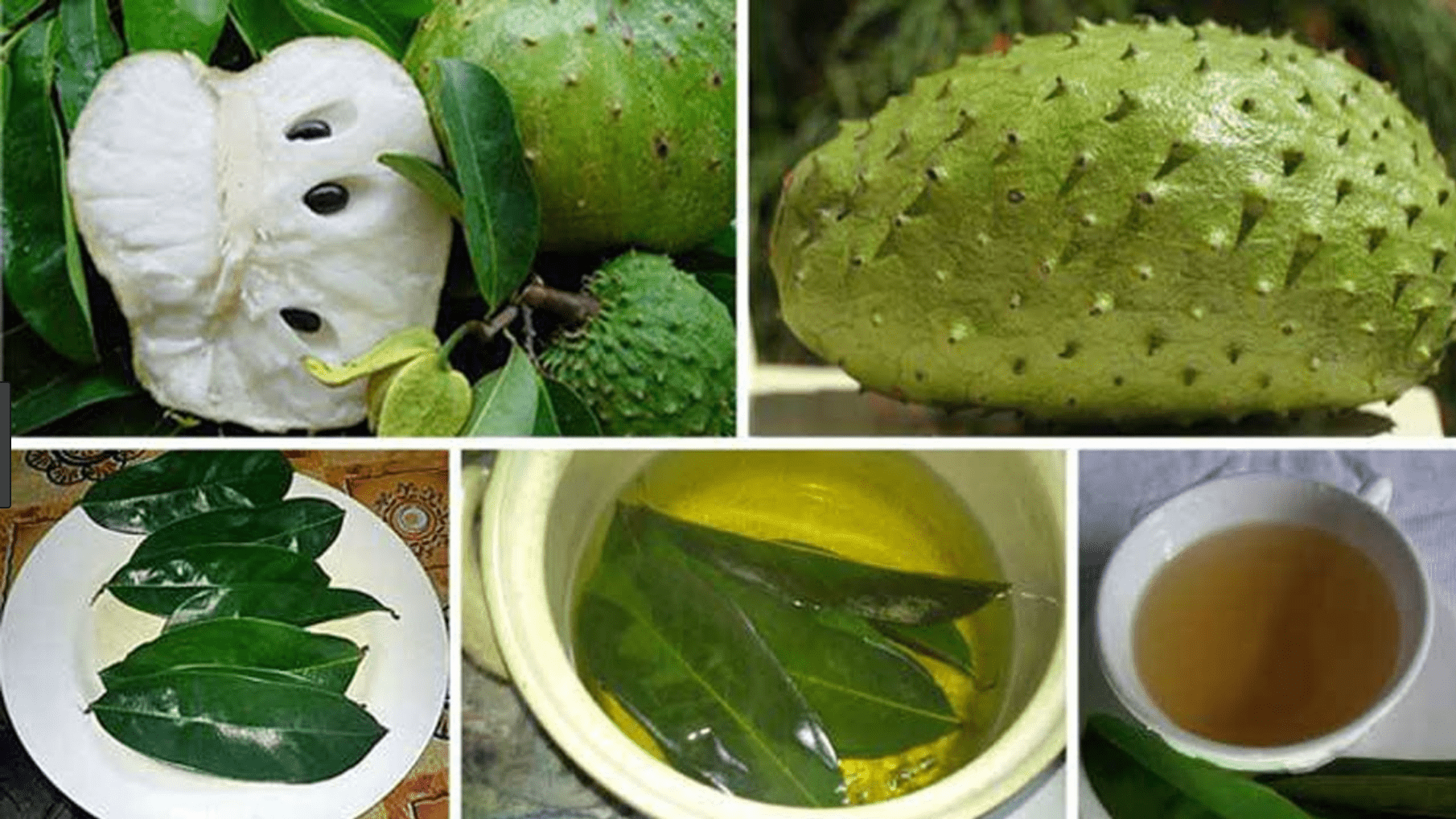

Then I learned that the way the locals enjoy soursop is by boiling about 10 leaves for 5-10 minutes and then drinking it as a caffeine-free tea. Now several of the staff here have been collecting leaves for me from trees near their homes so I can try it that way in the morning. The flavor is pretty good, despite online descriptions of the tea tasting “musty”. To me, it has a slightly sweet taste and is more herbal in nature, than black or green tea.
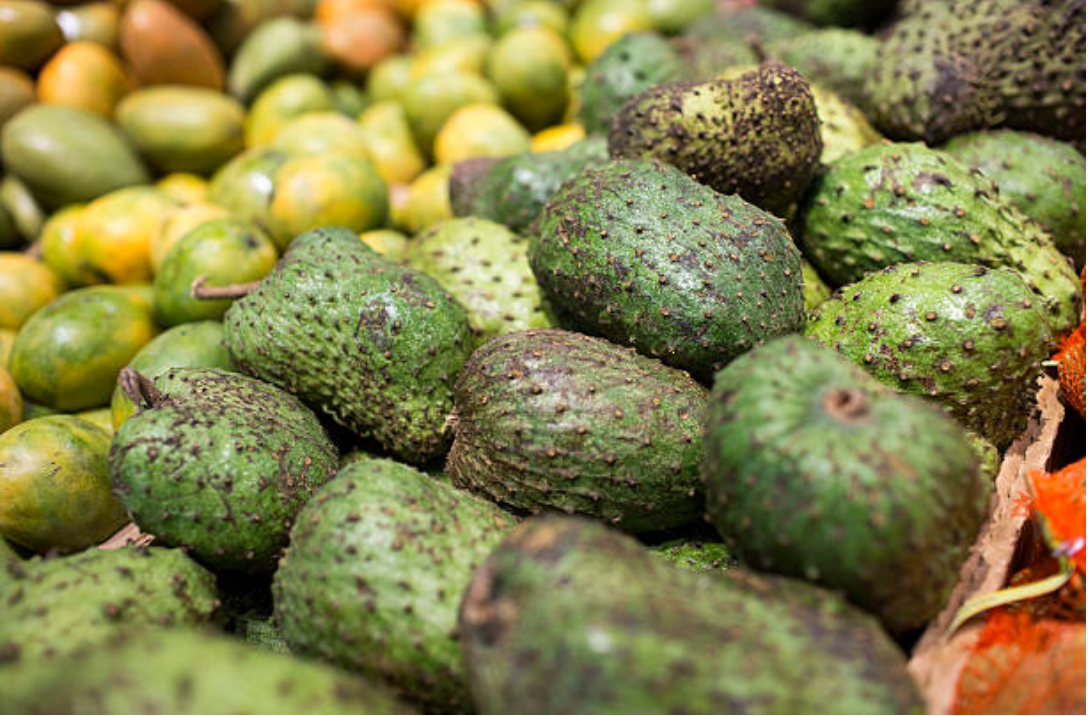

The graviola tree, or Annona muricata, grows to a height of 25 – 30 feet and produces fruit that can reach a length of 12 inches. The fruit is nutrient rich containing vitamin C, several B vitamins, calcium, phosphorus and a bit of iron.
Soursop as a cancer cure has not been tested in humans, traditional physicians are quick to point out if you research it online. But certain medical establishments have looked into it and below you will find links with more info about it.
- Oxford Academic Carcinognesis: Review. “Based on available data, there is good evidence that these long-used plants could have both chemopreventive and therapeutic potential.” Study authors suggest further investigation.
- Memorial Sloan Kettering Cancer Center acknowledges that graviola has shown anticancer properties in lab studies, but human data are lacking.
- Cancer Research UK (a non-profit cancer organization based in England) states that there is no evidence to show that graviola works as a cure for cancer.
- Cancer Treatment Centers of America advise, “Experts warn against using the fruit to treat cancer. While research suggests soursop can fight cancer, it has not been studied in humans. As a result, there is no evidence of its safety or efficacy.”
But my discovery of this fruit has definitely peaked my interest and I have begun searching around for info in the Bay Area. It IS available in San Francisco, I have discovered…

